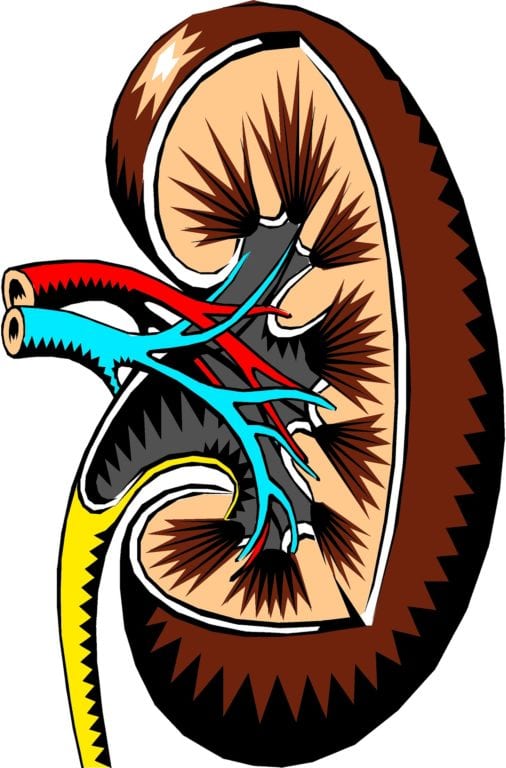Have you ever heard of Orphan Drug designation? This designation is granted by the FDA for drugs or biologics intended to treat, diagnose, or prevent rare conditions. Rare conditions are those affecting fewer than 200,000 Americans. As a benefit, drug developers also receive incentives such as fee waivers, tax credits, increased regulatory assistance, and seven years of market exclusivity upon drug approval. In late August 2022, Labiotech.eu reported that OCE-205, developed by biopharmaceutical company Ocelot Bio, has earned Orphan Drug designation for the treatment of hepatorenal syndrome (HRS) with acute kidney injury.
OCE-205: An Overview
Ocelot Bio describes OCE-205 as:
a [mixed agonist-antagonist] therapeutic peptide with a differentiated profile that has demonstrated potential for improving outcomes for patients with complications of end-stage liver disease. We are first exploring the clinical development of OCE-205 in hepatorenal syndrome with acute kidney injury, where it offers promise for reversing renal failure and prolonging survival to enable more patients to successfully undergo liver transplantation with fewer needing combined liver and kidney transplantation.
Phase 1 clinical data highlights how OCE-205 was safe and well-tolerated. It also helped with vasoconstriction and arterial pressure management. Moving forward, Ocelot Bio is now working to further evaluate OCE-205 in a Phase 2 clinical trial for those with hepatorenal syndrome with acute kidney injury. Currently, no FDA-approved therapeutic options exist for these patients. Therefore, OCE-205 has the potential to fill a huge unmet need within this community.
What is Hepatorenal Syndrome (HRS)?
Hepatorenal syndrome (HRS) is a form of kidney failure and impaired function that occurs in individuals with severe liver damage. There are two main forms of HRS – 1 and 2 – which are associated with rapid kidney failure and more gradual kidney damage/failure. However, HRS should be treated as a medical emergency, especially considering its high mortality rate. While doctors may treat HRS with vasoconstrictors or dialysis, the most effective option for treatment is a liver transplant. Liver disease and cirrhosis cause hepatorenal syndrome, with additional risk factors including acute alcoholic hepatitis, blood pressure instability, infections, diuretic use, gastrointestinal bleeding, and spontaneous bacterial peritonitis.
Symptoms of HRS can, but do not always, include:
- Nausea and vomiting
- Jaundice (yellowing of the skin, eyes, and mucous membranes)
- Fatigue and general malaise
- Confusion or delirium
- Abdominal ascites (fluid accumulation)
- Dramatically decreased urination
- Unintended weight fluctuations
- Discolored urine







